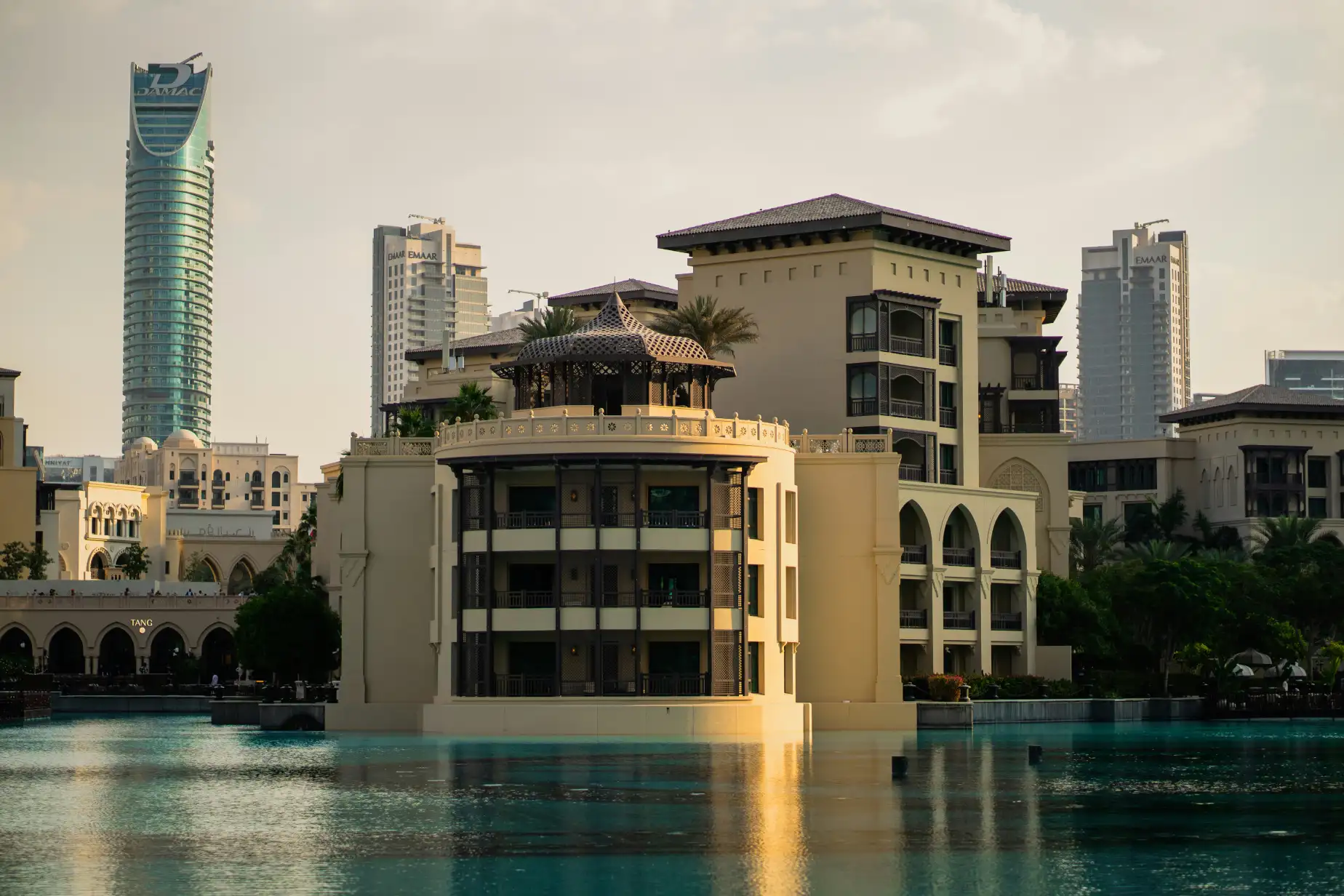Dubai’s rental market remains one of the most dynamic in the world, shaped by a fast-growing population, strong demand from expatriates, and a well-regulated framework under the Real Estate Regulatory Agency (RERA). Whether you are relocating for work or looking to upgrade within the city, understanding current rent prices, legal rules, and upcoming trends in 2025 is essential before signing a lease.
Below, we explore average rental rates across Dubai, the factors influencing price changes, and what tenants should know about contracts and deposits.
Current Rental Trends in Dubai
According to CBRE’s Dubai Residential Market Snapshot (Q1 2025), the average apartment rent in Dubai rose by 8.7% year-on-year, while villa rents increased by 13.4%. Despite moderate cooling after the record highs of 2023–2024, demand continues to exceed supply in key residential areas. Popular districts such as Downtown Dubai, Dubai Marina, and Palm Jumeirah maintain the highest rental values, while suburban communities like Jumeirah Village Circle (JVC) and Dubai South provide more affordable options.
Average Rent Prices by Area (2025)
Area
1-Bed Apartment
3-Bed Villa
Downtown Dubai
AED 130,000 / year
AED 450,000 / year
Dubai Marina
AED 115,000 / year
AED 380,000 / year
Business Bay
AED 105,000 / year
AED 350,000 / year
Jumeirah Village Circle
AED 75,000 / year
AED 210,000 / year
Dubai Hills Estate
AED 120,000 / year
AED 400,000 / year
Mirdif
AED 80,000 / year
AED 230,000 / year
* Actual rates vary depending on view, amenities, and furnishing.
Monthly Rent Options
While most landlords prefer annual contracts, monthly rental options are growing in popularity through flexible platforms and furnished apartments. Short-term leases, often renewed every month, tend to carry higher rates but include utilities, furniture, and maintenance.
This model appeals especially to digital nomads and professionals testing relocation before making long-term commitments. However, tenants should always ensure such properties are Ejari-registered, even for short durations, to remain protected under RERA.
Key Factors Influencing Rent Prices
- Location and Connectivity: Properties near metro lines, business districts, and coastal areas command higher rents due to accessibility and convenience.
- Building Age and Amenities: Newer towers and gated communities with gyms, pools, and concierge services justify premium pricing.
- Population Growth: Dubai’s population is projected to exceed 3.9 million by late 2025, maintaining long-term pressure on rental demand.
- Property Type and Size: Demand for one-bedroom and two-bedroom apartments remains strongest, while luxury penthouses and large villas appeal to executives and families relocating from abroad.
Understanding the RERA Rental Index
The RERA Rental Index, accessible through the Dubai REST App, provides official guidance on rent increase limits. Landlords can only raise rent if current prices fall below the RERA benchmark for that area and category. This system prevents excessive hikes and ensures fairness across the market.
Tenants should check this index before renewing their contracts to verify if an increase is legally justified.
Ejari Registration and Tenant Rights
All rental agreements in Dubai must be registered with Ejari, the DLD’s official rental registration platform. Ejari protects both parties by formalizing contract terms and enabling quick dispute resolution through the Rental Dispute Centre (RDC) if issues arise.
Tenants should also:
- Receive a copy of the Ejari certificate upon registration.
- Pay only via official bank channels or approved payment platforms.
- Document the property’s condition before move-in and move-out.
Tips for Tenants in 2025
- Verify that your broker or landlord holds a valid RERA license.
- Review payment terms carefully; standard leases use 1–4 cheques per year.
- Clarify who covers maintenance and service charges before signing.
- Consider furnished vs. unfurnished options based on the duration of stay.
Outlook for 2025
Market analysts expect Dubai’s rental prices to stabilize in late 2025 as new housing supply enters the market. However, districts near Palm Jebel Ali, Creek Harbour, and Dubai Hills may continue to experience moderate rent increases due to strong infrastructure growth and lifestyle appeal.
Dubai’s rental sector remains one of the most structured and secure in the region, backed by DLD and RERA regulations. Whether renting for a few months or several years, understanding current prices and your legal rights ensures a smooth and transparent experience.
For more information, visit Rent Property in Dubai or explore our Real Estate in Dubai section for broader market insights.



